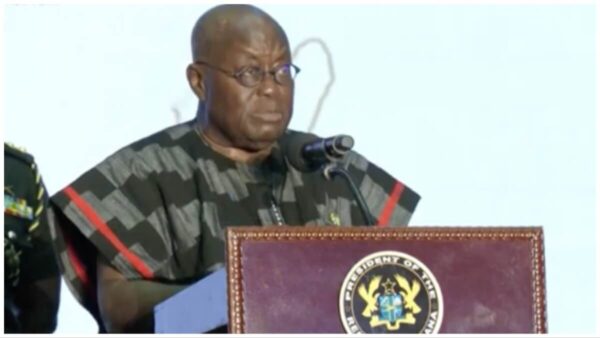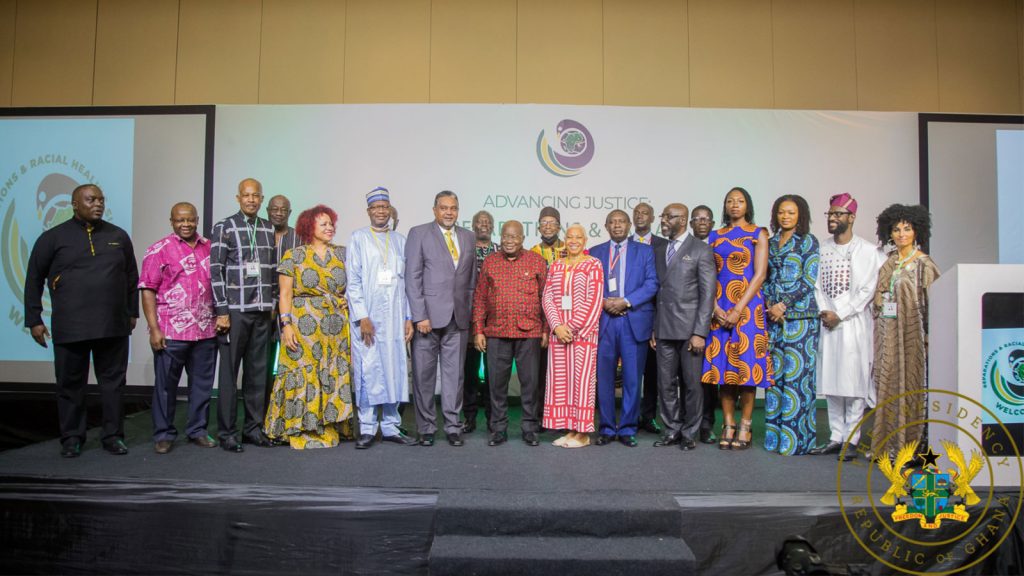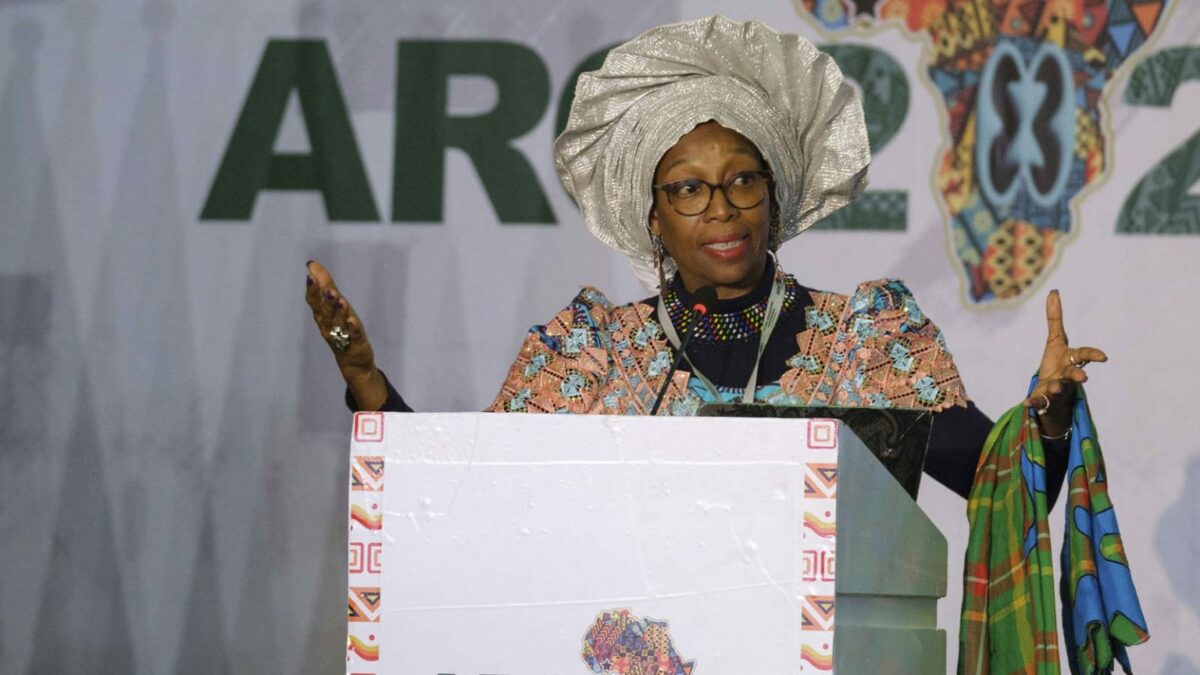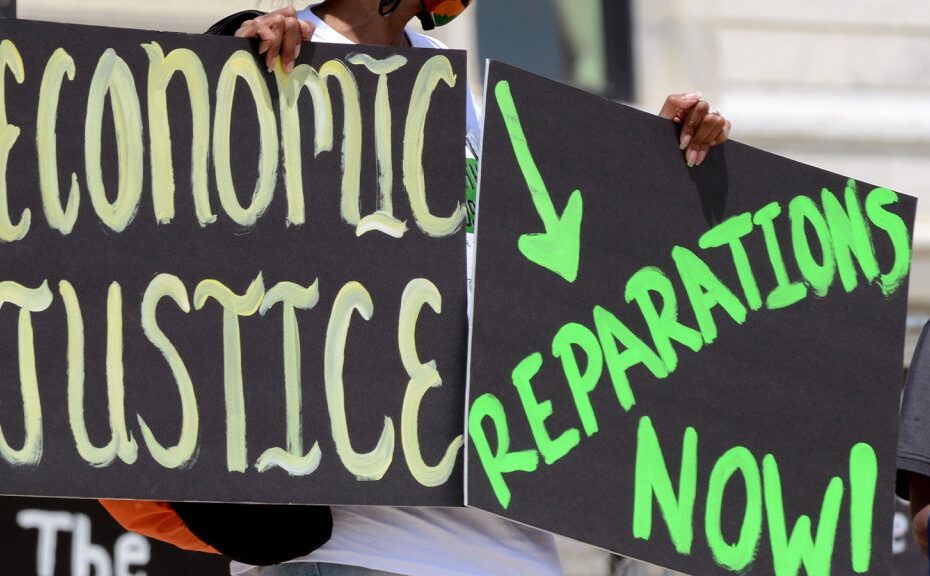The Reparation Conference in Accra, Ghana, ended with an agreement to establish a Global Reparation Fund aimed at seeking compensation for millions of Africans who were repatriated as slaves during the trans-Atlantic slave trade centuries ago. The Accra Reparation Conference called for compensation for millions of Africans enslaved centuries ago during the trans-Atlantic slave trade. Europeans amassed wealth at the expense of painful suffering. READ ALSO: Ambassador Ndumiso Ntshinga appointed head of mission at South African Embassy in Washington DC
Even centuries after ending the slave trade, individuals of African descent worldwide continue to endure ‘systemic racial discrimination and racialized attacks,’ as provided in a recent report by a specialized U.N. forum. This report firmly supports reparations as an essential component of justice in the modern era.
Why the Reparations Ghana Summit?
The event aimed to:
- Craft an African-led action plan advocating for reparatory justice.
- To establish an African committee of experts to oversee the plan’s implementation
- And foster closer collaboration with the broader diaspora, as outlined in its anticipated outcomes.
The Views of President Nana Akufo-Addo

President Nana Akufo-Addo emphasized the need for financial reparations to Africans as compensation for the historical enslavement of people of African descent. The conference addressed long-standing injustices and echoed the resounding call from advocates pushing for reparations. Or equivalent restitution for the atrocities of slavery. The movement has gained momentum globally, enjoying support from African and Caribbean nations.
Akufo-Addo, launching the four-day reparations conference in Accra, Ghana, mentioned the irreversible damage caused by the transatlantic slave trade.
‘No sum of money can undo the deep scars left by this inhumane trade. However, it is a moral imperative that the world faces this issue head-on and refuses to turn a blind eye any longer,‘
President Nana Akufo-Addo, Ghana President
Akufo-Addo explained the extensive repercussions of slavery, stating,
‘The era of slavery stifled our economic, cultural, and psychological progress. Countless families were torn apart, leaving immeasurable scars that demand acknowledgement.’
Between the 15th and 19th centuries, an appalling 12.5 million Africans endured forced kidnappings, and treacherous voyages aboard European ships and sold into slavery. Survivors faced unspeakable cruelty and exploitation on plantations in the Americas, primarily in Brazil and the Caribbean, where their labor served the interests of European settlers and others.
A United Nations report in September suggested that countries consider financial compensation and other forms of restitution. This will help address historical injustices such as slavery. However, it cautioned about the complexity of legal claims due to the passage of time and the challenges in identifying both perpetrators and victims.
Akufo-Addo welcomed the resolute call from Caribbean nations for reparations, accepting the importance of correcting these grave historical wrongs.”
Distribution of the Global Reparations Fund

The Ghanaian President, Akufo-Addo insisted on the need to solve slave reparations. He also pointed out that the British and European nations made financial gains from the slave trade while the enslaved Africans received nothing.
The details of the operation of the reparation fund weren’t specified by the Accra conference delegates. However, Gnaka Lagoke, an assistant professor of history and pan-African studies, says the funds will solve current economic challenges in Africa.
Ambassador Amr Aljowailey, strategic adviser to the deputy chairman of the African Union Commission, stressed that compensations depend on the moral, and legal rights and dignity of people. Sentiments supported in the ‘The Accra Proclamation’ resolution.
A committee of experts facilitated by the A.U. Commission and African nations will oversee the Global Reparation Fund. With Aljowailey announcing plans for ‘a special envoy to lead advocacy, litigation, and judicial initiatives.
Views from the Reparation Activists

Additionally, advocates argue that reparations should encompass more than mere financial disbursements. It should include and not limited to:-
- Developmental support for nations
- The restitution of colonized resources
- Systematic rectification of oppressive policies and laws.
Nkechi Taifa, director of the Reparation Education Project based in the U.S., said that determining the compensation amount will involve an agreed settlement. This benefits the broader population. Without a doubt, the Global Reparations Fund Established at the Reparations Summit in Accra is a big step towards seeking justice.



